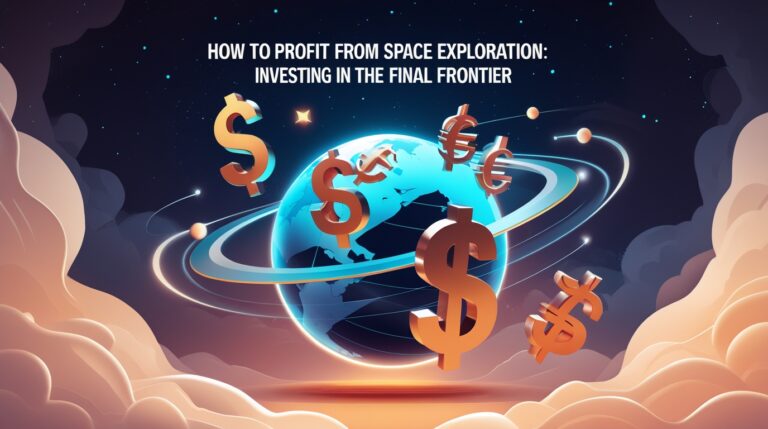The Role of Modern Science in Shaping the Future

Modern science has become an integral part of human existence, driving advancements in various fields, from healthcare to technology and environmental conservation. Its transformative power not only helps solve age-old mysteries of the universe but also provides practical solutions to global challenges. This article delves into the achievements, significance, and future prospects of modern science.
- The Foundations of Modern Science
Modern science is built on a foundation of systematic observation, experimentation, and rational inquiry. Its journey began with the Scientific Revolution of the 16th and 17th centuries, driven by figures like Galileo Galilei, Isaac Newton, and Francis Bacon. Since then, science has grown exponentially, evolving through various paradigms, including the industrial revolution, the advent of quantum mechanics, and the digital age.
Key components of modern science include:
Empirical Research: Reliance on data and observation.
Interdisciplinary Approach: Collaboration between fields like physics, biology, and artificial intelligence (AI).
Ethics and Sustainability: Incorporating ethical considerations in research.
- Breakthroughs Across Fields
Healthcare and Medicine
Modern science has revolutionized medicine with innovations like genetic engineering, advanced imaging technologies, and personalized medicine. Vaccines, antibiotics, and recent mRNA technologies exemplify the impact of science in combating diseases. AI is now playing a pivotal role in diagnostics and drug discovery.
Technology and Engineering
Advancements in material science, robotics, and quantum computing are paving the way for a smarter, more connected world. The development of sustainable energy technologies like solar panels, wind turbines, and fusion energy signifies the potential of science to address energy crises.
Environmental Science
With climate change threatening ecosystems worldwide, scientific research is focused on solutions such as carbon capture, renewable energy, and biodiversity conservation. Projects like reforestation and sustainable agriculture are supported by satellite data and AI-driven models.
Space Exploration
The universe remains a vast frontier for discovery. Projects like the James Webb Space Telescope, Mars rovers, and private space missions by companies like SpaceX are unraveling cosmic mysteries and even exploring the potential for human colonization of other planets.
- Challenges in Modern Science
Despite its achievements, modern science faces challenges:
Ethical Dilemmas: CRISPR gene editing raises questions about designer babies and unintended consequences.
Funding and Accessibility: Unequal distribution of resources hinders research in underdeveloped regions.
Misinformation: Misuse of scientific data and conspiracy theories undermine public trust.
- The Future of Modern Science
The future of science is as exciting as it is unpredictable. Emerging technologies like artificial intelligence, nanotechnology, and biotechnology promise to address complex issues like global health and climate change. Breakthroughs in fields like neuroscience could unlock the secrets of the human brain, while advancements in AI could lead to machines capable of creativity and empathy.
Vision for the Future
Imagine a world where:
AI-driven discoveries lead to sustainable solutions.
Quantum computing solves problems previously deemed unsolvable.
Space science enables interplanetary travel and resource mining.
Visualizing the Future Through AI-Generated

To conceptualize these possibilities, we can use modern AI to generate visuals that capture the essence of these scientific breakthroughs. For instance:
- Healthcare: A futuristic hospital where AI robots assist in surgery.
- Space Exploration: A human colony on Mars with biodomes and advanced technology.
- Environmental Sustainability: A thriving green city powered entirely by renewable energy.
Using prompts like these in AI image generators can help bring abstract ideas to life.
Such visuals not only inspire creativity but also act as a medium to communicate the potential of science to a broader audience.
Conclusion

Modern science is a dynamic and ever-evolving field that continues to shape the future of humanity. As it progresses, its integration with ethical practices, global collaboration, and public engagement will ensure its benefits reach everyone. By fostering curiosity and innovation, we can envision a world where science not only answers fundamental questions but also improves the quality of life for all.







This is expository and inspiring.
Thank you Sir! Happy New year!!!